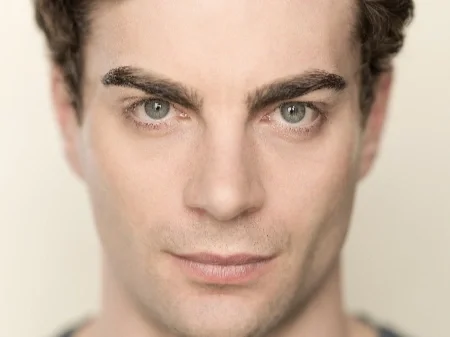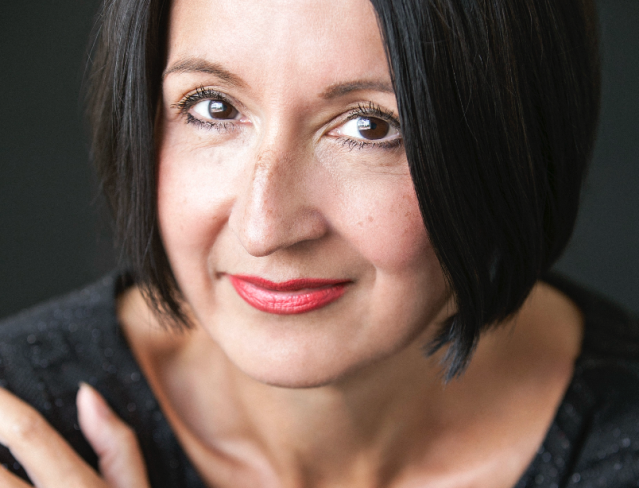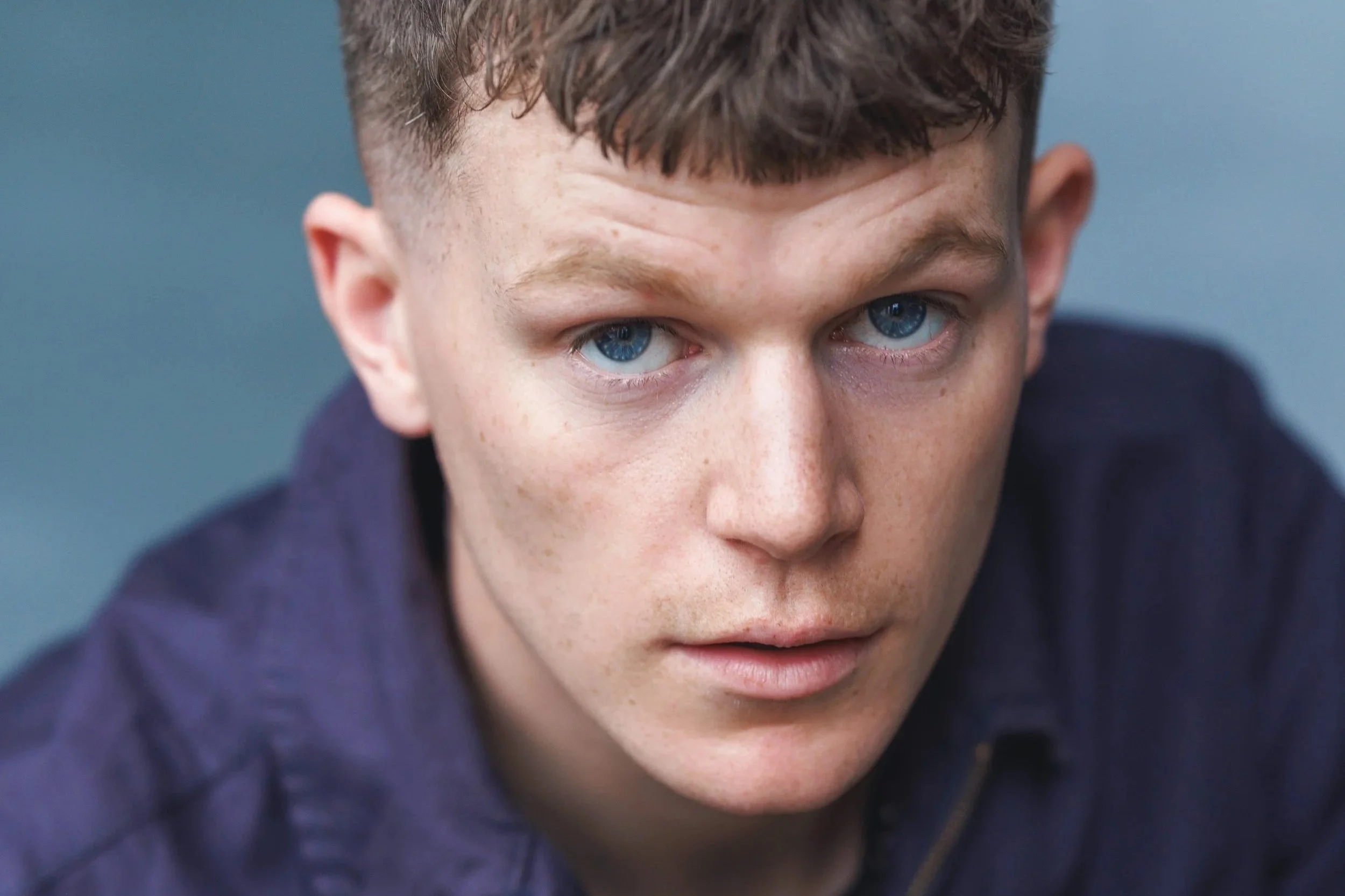Interview with Ros Watt, Macbeth
Conducted by Greta for Theatre and Tonic
The Donmar Warehouse’s smash hit production, Macbeth, flies into cinemas this February. Starring David Tennant and Cush Jumbo, the production was also lucky enough to transfer to the West End after its initial run at the Donmar. Ahead of its cinema release, we chatted with Ros Watt who played the role of Malcolm in the critically acclaimed production.
1. When were you first introduced to Shakespeare’s Macbeth, and what was your impression of it back then?
Back when I was around 8 years old, I got cast as Macduff’s child and the image of a witch in a touring production of Macbeth. I don’t think I had much of a strong opinion of the play as a whole, other than knowing that Macbeth was the bad guy, there was swords hanging from the ceiling, and it was all very dramatic. However, I do distinctly remember being absolutely thrilled by the murder scene of the Macduff’s - being thrown into the wing after being stabbed was very exciting for me!
2. How did you approach the role of Malcolm?
When I auditioned for the role of Malcolm, I realised that while I knew the play quite well, I’d historically been overlooking Malcolm’s importance in the plot.
There was something incredibly interesting about imagining someone like me being put in Malcolm’s position. He has returned from battle where he was taken prisoner and had to be freed by another soldier, and upon his return is made heir to the throne of Scotland. The pressure of needing to live up to the expectation of heir, all while feeling like he had yet to prove himself is an interesting provocation.
I also looked at aspects of myself and how I would be perceived by the audience. Compared to the rest of the cast I was very short and looked quite young, so I really leant into that feeling of having to prove myself surrounded by people who were much older and more experienced than myself. And then, being a visibly queer as a trans actor, at the back of my head I added that extra pressure to Malcolm’s journey, to really make him want to do well and prove himself as a good leader.
3. Were there any differences between Macbeth at the Donmar Warehouse and its transfer to the West End?
We were so lucky to enter the West End run with the full cast transferring from the Donmar. This gave us space and time in rehearsals to dig deeper into the text and make small tweaks and changes in a very wonderful and relaxed atmosphere.
A lot of these changes were technical, and many were practically unnoticeable to most audience members. The Harold Pinter theatre is a much larger space, and the stage is end on, which meant we had to change a few movement sections from the smaller space with the audience on three sides at the Donmar.
The main change was in a sequence with the witches and the apparitions - but I won’t give any spoilers!
4. Overall, the company worked on this production for a long time. What was your favourite part of the process?
This was my second job after graduating drama school just 5 months before, so I entered the process very wide eyed. The first set of rehearsals I was like a sponge trying to learn as much as I could from a whole company of masters at what they do. So, for me, my favourite part of the process was that second set of rehearsals before the West End run, where I felt a lot more relaxed and was able to dive a bit further into my character and explore from a slightly more open place.
And also… I have to mention that I’ll never forget the feeling of the first curtain call at the Harold Pinter. I’ve never experienced anything like that with so many people, so that’s something I’ll carry with me very warmly.
5. How was the process of filming Macbeth to be released in cinemas? What can audiences expect?
Gosh, it was quite an exciting process. I’ve never been part of a play that’s been recorded in this way before, so it was quite amazing seeing the whole team come in and set up.
We filmed the cinema version across two shows in one day with approximately 6-8 cameras recording. For the majority of the cast, we just performed the play - we’d been open for a month and a half at the time of filming, so we were in the swing and our main job was to not get too distracted by there being a camera instead of a person!
David and Cush worked to perform a lot of their monologues and asides down the camera to allow the cinema audience to feel that connection with them and their thoughts that the audience gets to sense when it’s live.
Macbeth is now playing in select cinemas, find out more here.












